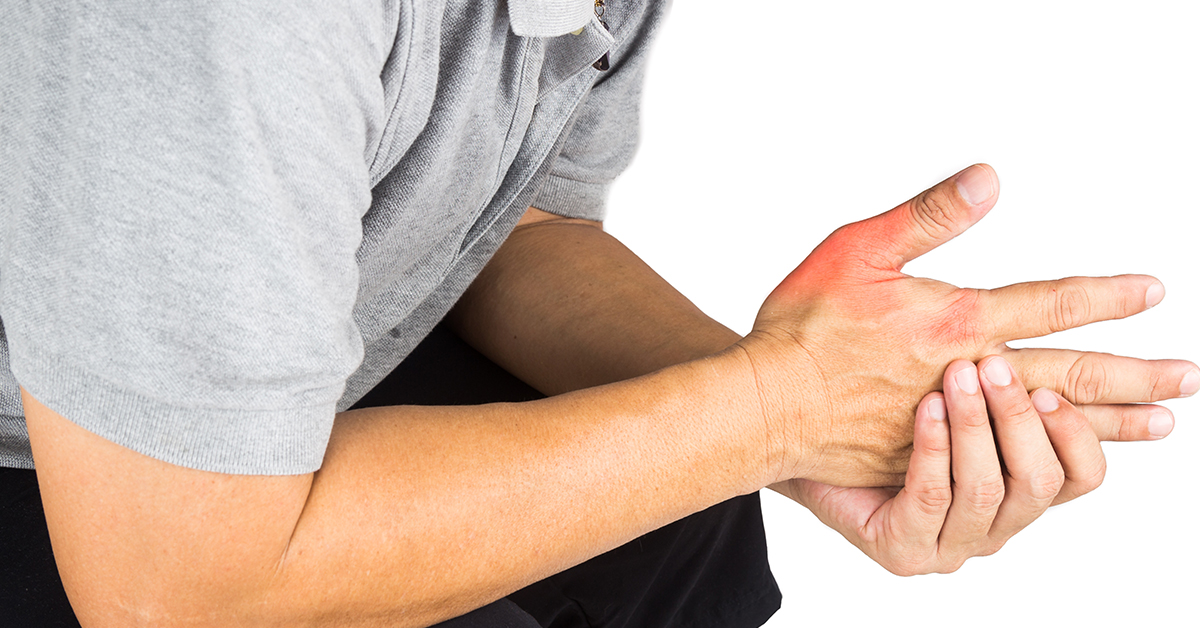
What is a UCL Injury?
When an acute sprain or tear on the ulnar collateral ligament (UCL) on the ulnar side of the meta-carpal-phalangeal (MCP) joint of the thumb occurs, it is called a UCL injury. It's commonly referred to as skier's thumb, and if the injury is chronic and develops over time from repeated UCL stretching, it's called gamekeeper's thumb.
What causes UCL Injury?
UCL injuries are commonly caused by injury or trauma in which the thumb is bent away from the hand at the MCP joint. This can happen in sports like skiing or hockey, or in any situation in which a fall is landed on an outstretched hand. This injury might also be sustained when a person is gripping something that is suddenly moving, like a steering wheel during a car accident or a ski pole during a fall.
Symptoms and Diagnosis
Swelling, pain, and tenderness on the ulnar side of the thumb are all symptoms of UCL injury. You may also have difficulty pinching and gripping with the thumb, and you may have limitations in your range of movement. In severe cases, a bump under the skin, called a Stener lesion, may form due to the ends of the torn ligament being held apart by a nearby tendon. Your doctor will look for these symptoms when diagnosing UCL injury. X-rays will be taken to check for fractures, and an MRI may be used to determine if there is ligament displacement.

